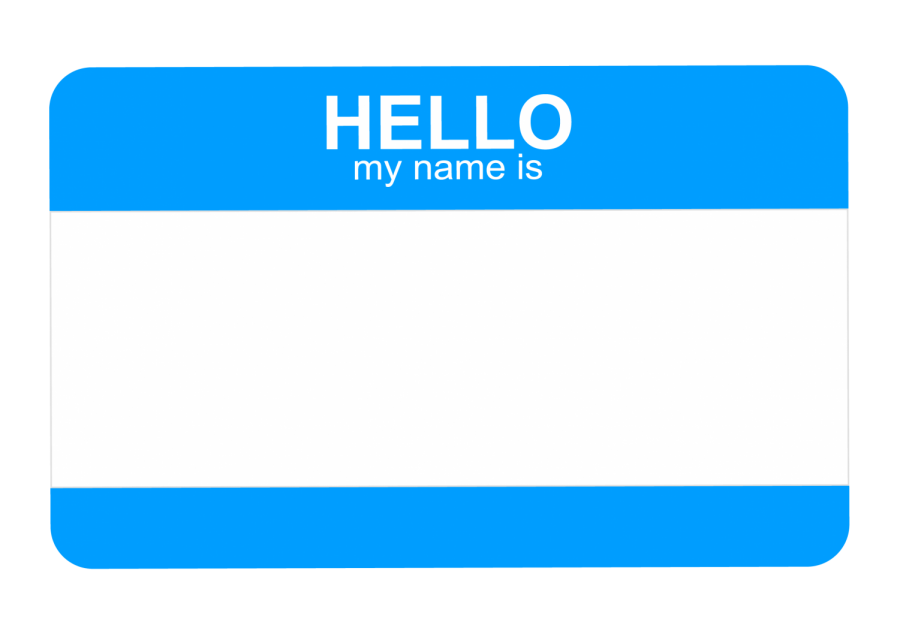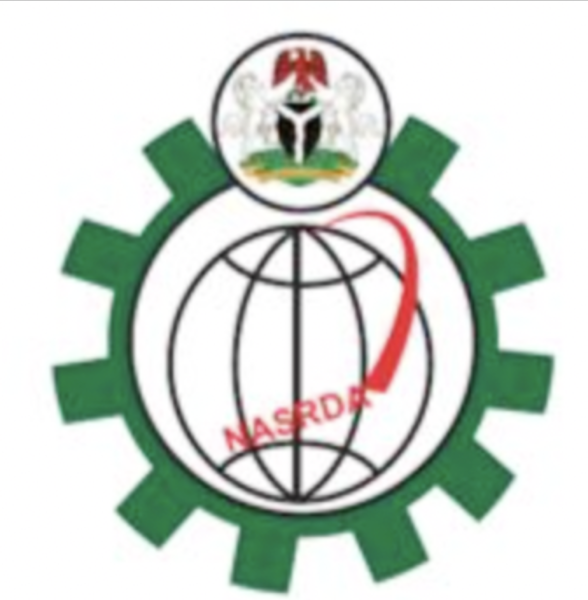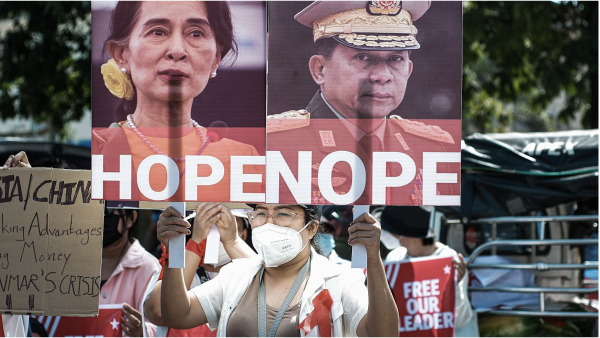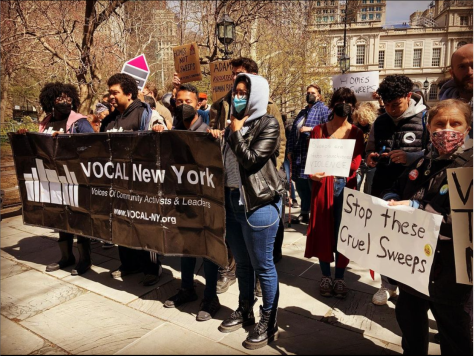What’s in a Name? Everything.
“Ahn-way? Anyooway? Am I saying that right?” This is a phrase I hear at the start of every school year from the majority of my new teachers. In an international school with students of diverse cultures and backgrounds, it is certainly commonplace for teachers to stop every time they arrive at a new name that they are unsure of how to pronounce. Every year, at least one of my teachers mispronounces my name – and I don’t blame them. I know that the spelling of my Chinese name is phonetically ambiguous to those who don’t speak the language. However, it becomes frustrating when the only names that continue to be mispronounced are the foreign ones, even though students correct their teachers at the start of every year. At an international school that prides itself on its diversity and multicultural environment, and in a world that is rapidly coming to terms with diversity, equity, and inclusion, “foreign”-sounding names and their correct pronunciations must be normalized at UNIS.
According to the UNIS website, the student body represents over 100 different countries. In addition, the website also states that a UNIS education “enables students to be cognizant of the difference among the world’s people.” While it is essential to acknowledge and explore the differences between people, it is also crucial that we hold every person in the same regard. Something as small as getting your name pronounced correctly is extremely important in this aspect.
According to a study by the National Institute of Health, knowing a student’s name has been correlated with that student’s participation in class. As T2 student, Lulwah Elhariry, said, having her name continuously mispronounced is “alienating.” She also detailed her experience by explaining that teachers rarely asked if they were pronouncing her name correctly, and when they were not, she felt discouraged because “having [my] name pronounced correctly is a basic respect that should be mutual, and some of her teachers weren’t even guaranteeing that respect.” Lulwah is of Egyptian origin.
Another way pronunciation affects the classroom environment is illustrated in a study in the Journal of Experimental Psychology. According to this study, the easier a name is to pronounce, the more positively it is judged. Expanding on that concept, another study found that people with non-African American-sounding names were 50% more likely to get called back for an initial job interview than African-American-sounding names. These two studies reveal that people with foreign-sounding names have negative experiences because of their name. So what can we do to combat this?
If we normalize foreign-sounding names and actively try to improve our pronunciation of them, we can minimize the negative judgment that they get and potentially change stereotypes about names, which have large real-world effects. That sounds like a large goal, and it is. According to Aurica Muntean, a T2 student, the easiest way for both parties is “for the student to correct the teacher when they are wrong.” However, this can pose some challenges. Aurica describes how having to repeatedly correct a teacher can be “awkward.” According to the NIH study, the easiest method which reduces the awkwardness that Aurica described is just to have each student write their name and how it is pronounced on a place card, which they put in front of them. This way, teachers can associate a name with a pronunciation to a face.
Since UNIS is an international school and the concept of “foreign” names is an everyday occurrence, it is important that everyone improves in the correct pronunciation of names. Mispronounced names can lead to harmful classroom environments that discourage some students from participating. Although this is a large problem to tackle, the solution can be as simple as using place cards to memorize names, or a teacher asking the student whose name they are unsure of how to say. In the bigger picture, having a foreign name can have larger consequences especially when it comes to applying for jobs. If the United Nations International School isn’t the best place to start normalizing multicultural names, then where is?
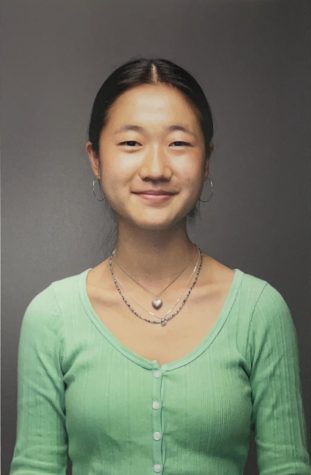
Hi! My name is Anyue and I am in the class of 2023. I am one of UNISVerse's Editors in Chief, but before this position, I was the Opinion Editor for this...



